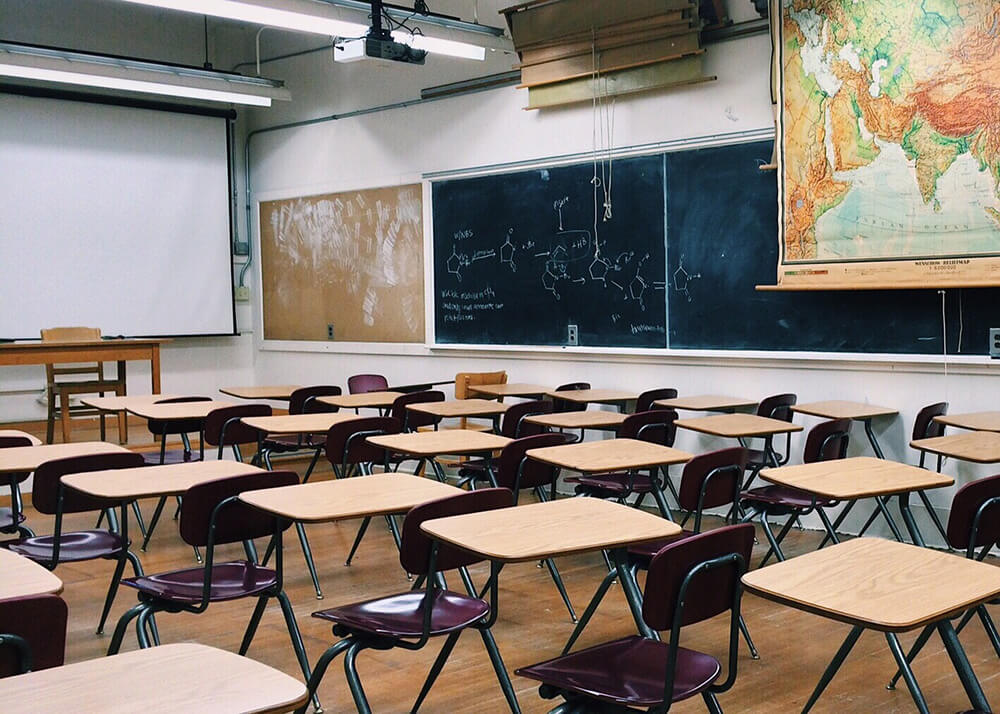
Your child spends most of their day at school during the school year, and not in your care. You expect the school to keep your child safe, just as you would. But some teachers or administrators may act negligently when it comes to supervision, protection, or maintenance, even though they are supposed to be acting in place of parents, or “in loco parentis.” Certain cases of negligence fall under premises liability, and you may be able to sue a negligent party if they did not uphold the standards expected of them and the institution.
Injuries a School Could Be Responsible For
When it comes to premises liability on a school campus or facility, only certain injuries are covered. The incident must have occurred on school grounds, and usually must have occurred during school hours or at a school sponsored event. Some examples include:
- Bullying. If one student physically injures another student, the school could be responsible if staff had prior knowledge that something could happen and did nothing to prevent it.
- Playground. Children on the playground who do not have adequate supervision during school hours could lead to injuries. Playground equipment might be out of date and dangerous even though it is the school’s responsibility to keep it updated.
- Food. Improperly prepared or expired food could cause food poisoning, which could fall under premises liability because the school is responsible to feed children adequate food during school hours. Cafeterias are also expected to be kept sanitary.
- Asbestos. In older buildings, there could be asbestos, mold, or lead paint. If the school has neglected to remove these substances, it could seriously harm students short- and long-term.
- Buildings and grounds. If sidewalks are not cleared from ice and snow, children could slip and fall. Inside, a wet floor without a sign could be dangerous and cause a fall. Missing or loose handrails pose dangers to students on stairs and ramps. If a building is in disrepair with falling objects or poor lighting, these could also lead to the injury of a student and be the school’s fault.
- Disasters. If a school is ill-prepared for a natural disaster or any other emergency situation, or they had prior knowledge of a dangerous event, like a school shooting, and did nothing about it, they could be liable for any injuries a child acquires from the event because schools are expected to be safe environments.
Requirements for a Claim
A claim could be hard to make because you have to prove the school district was accountable for the injury on the premises because it was foreseeable. But it is possible. There are three elements that must be present in order to have a case:
- The person being sued must be in control of the property. In this case, it is the school district.
- The person who was injured must be a person who was expected to be on the property. In this case, a school student is expected to be on school grounds during school hours.
- The person in charge, the school district, must have been negligent in some way that caused or allowed the injury.
It’s important to note that this does not apply to school sports injuries. Most schools have parents sign a waiver for their child participating in sports because there is an assumed risk of injury. Unless the injury was from negligence of a school employee, like a coach denying water breaks, there is no claim to file.
A serious injury of your child could mean more than just medical bills. A child or teen could need emotional support after a traumatic incident that occurred on school grounds during school hours. In the state of West Virginia, schools can be held liable in some cases for not keeping a student safe. Contact us today and we can discuss your potential case and compensation.







